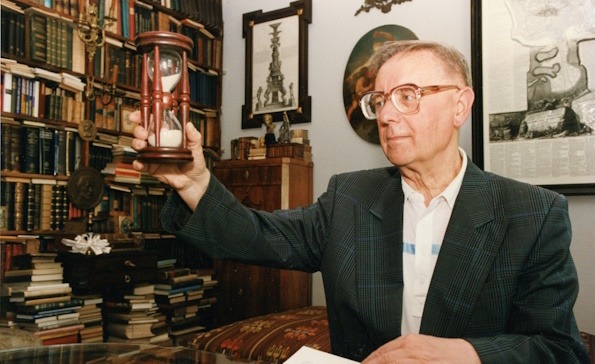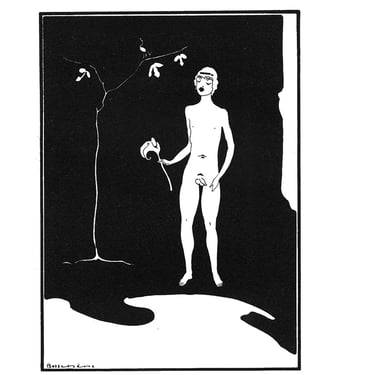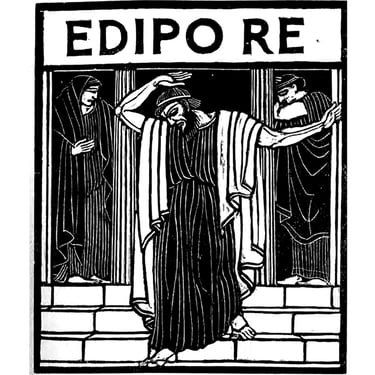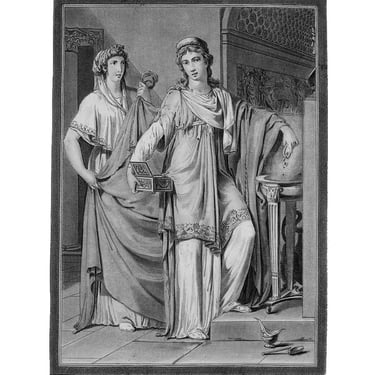These Legendary Books on Antiquity Are Finally Available In English
These Legendary Books on Antiquity Are Finally Available In English
Aleksander Krawczuk (1922-2023), was an institution: a scholar, professor a the Jagiellonian University in Krakow, minister of culture of Poland (1986-1989), and author of over 40 immensely popular books on Graeco-Roman antiquity. His delightful, accessible, conversational, highly readable style, addressing complex topics in an approachable manner without ever dumbing them down, made antiquity come alive to both professionals and fans, but also to ordinary readers who normally take no interest in the period. International best-sellers in Eastern Europe, his books have shaped three generations of antique lovers, but, as a consequence of Soviet cultural policies, they appear in English only now.
Translating and publishing Aleksander's books is a labor of love for me. I do not just slave over the translation and editing; I also go out of my way to illustrate these books with the most beautiful prints from some of the most beautiful books ever published. The result is something in keeping with the Aleksander approach to history writing, I think: the illustrations often lead us to another wonderful story, or an illustrator, or a publishing project, or a historical event. They become a kind of extended footnote to the text.
























